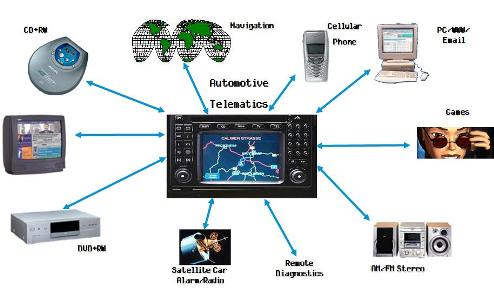- November 5th, 2010
- Jackson Parker
Government Incentives Finance Green Business Improvements

Small businesses that invest strategically can cut utility costs 10 to 30 percent without sacrificing service, quality, style or comfort – while making significant contributions to a cleaner environment. Many projects will require little expense. Savings small businesses make from adopting energy improvements, also include federal energy tax savings for the tax year of 2010.
For projects that do require capital, SBA loan-guaranty programs can help reduce some of the financial costs of the “going green” process. All of SBA’s 7(a) loan programs can be used by small businesses to fund green improvements. With a 50 percent SBA-backed guaranty, and an average loan of $35,000 with its maximum loan size of $350,000— the SBA Express Loan is an excellent loan program to help small businesses go green












